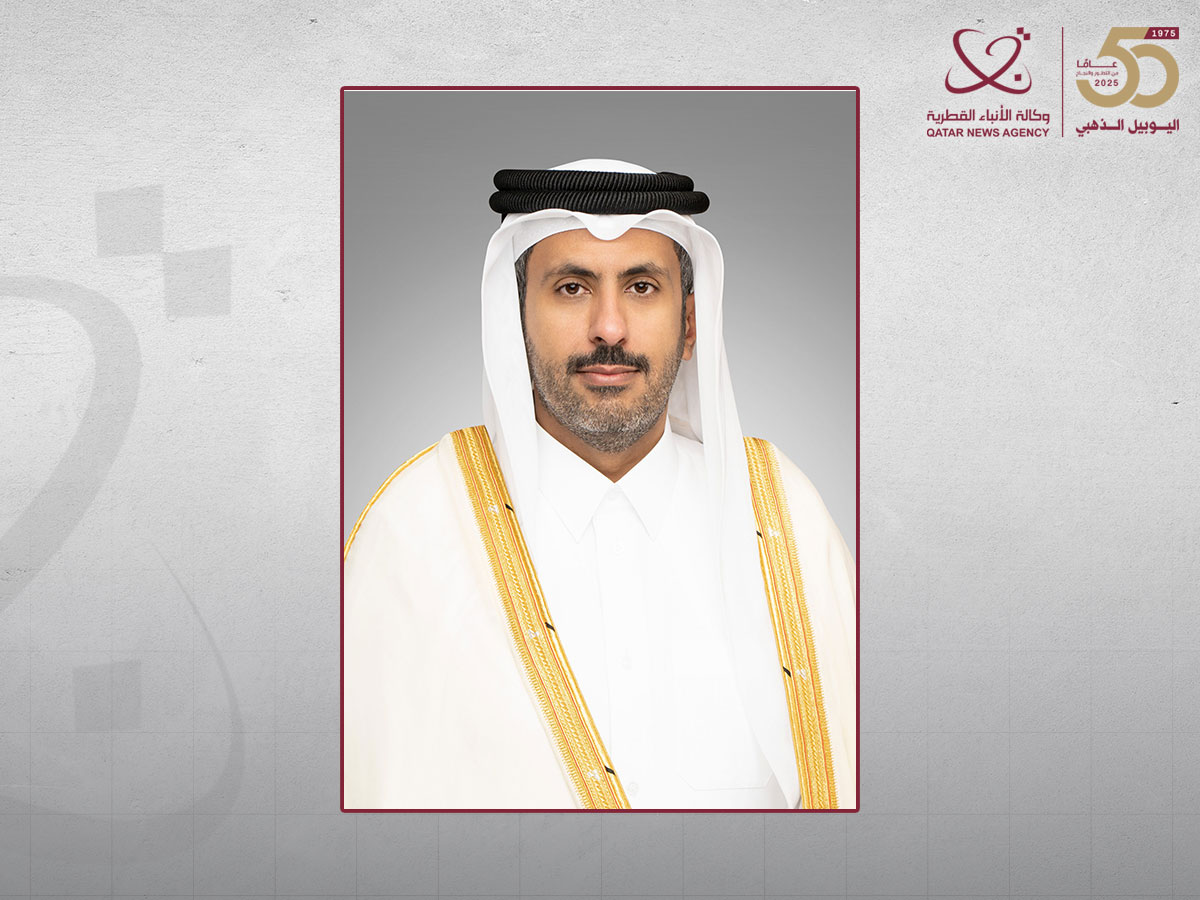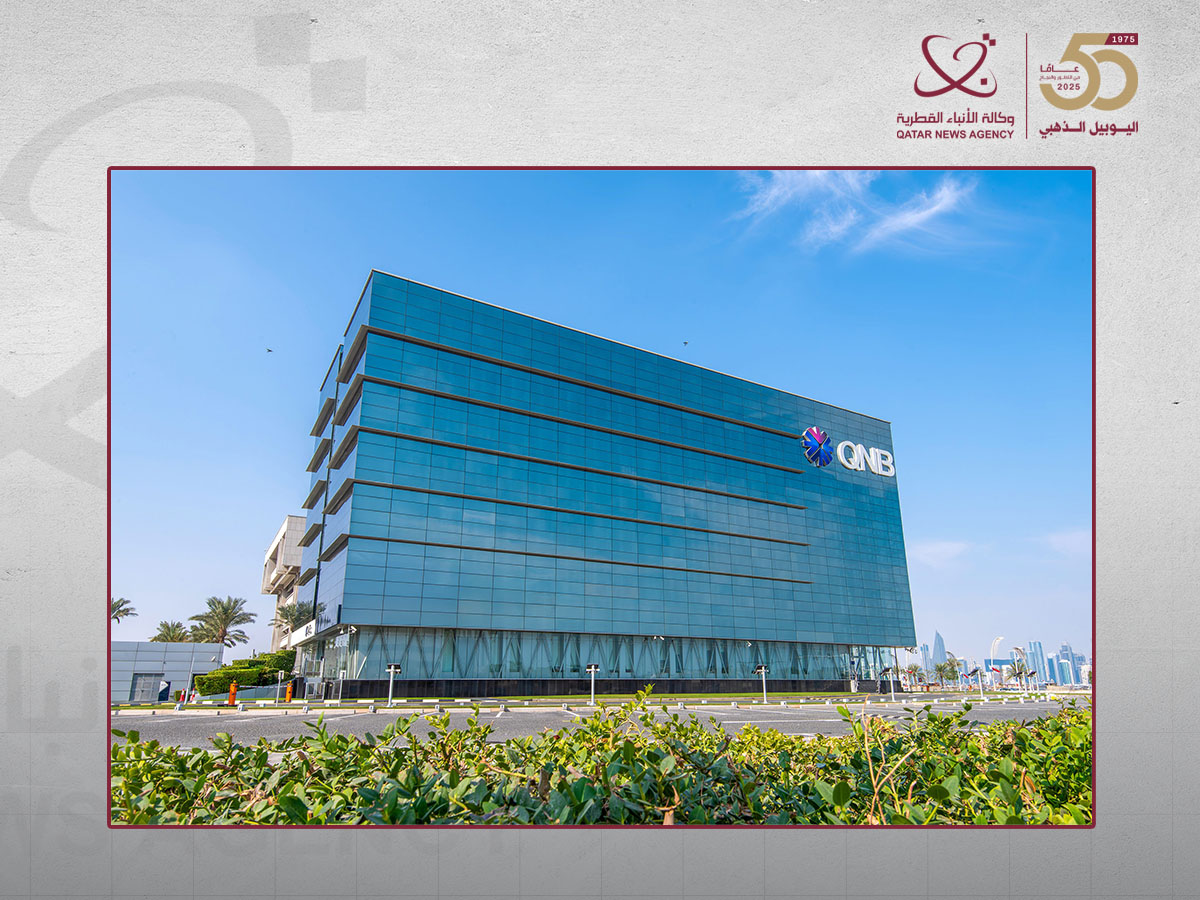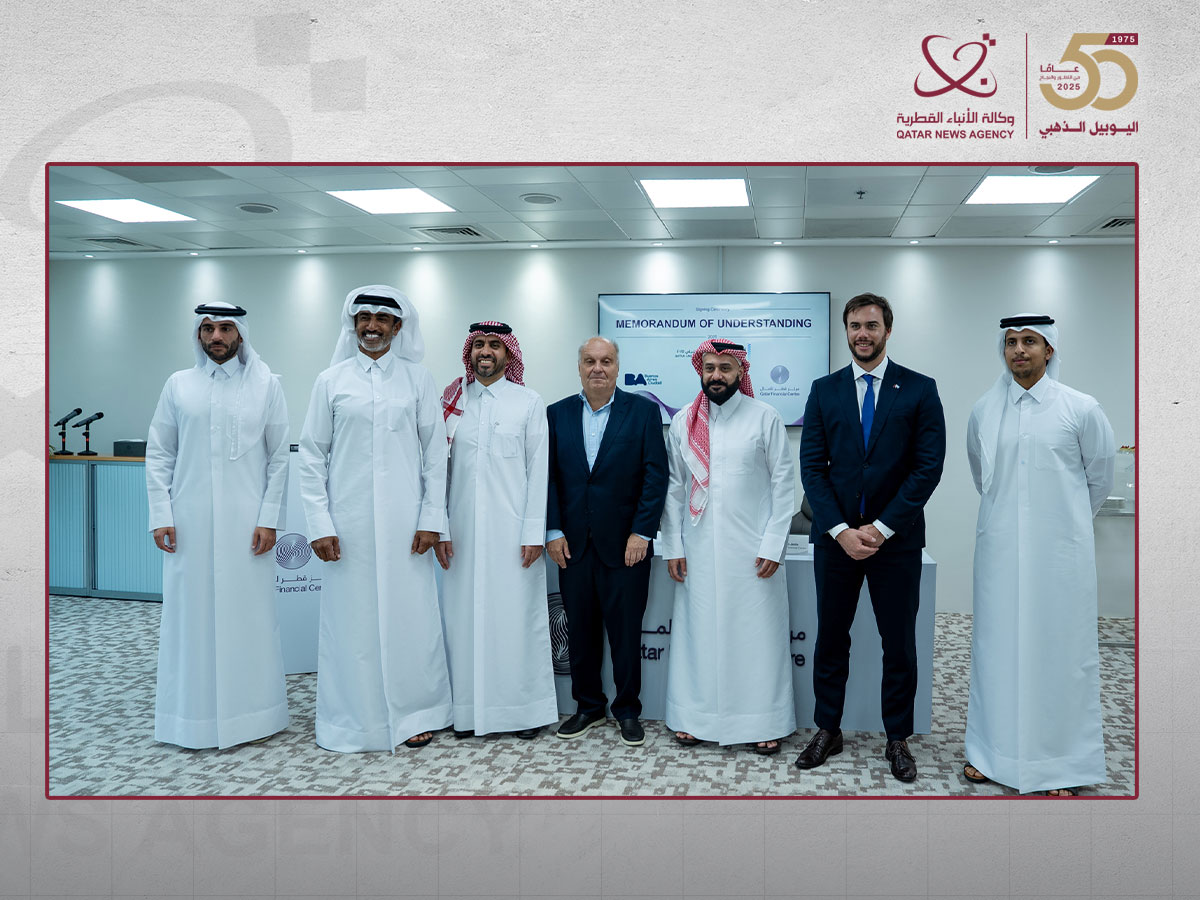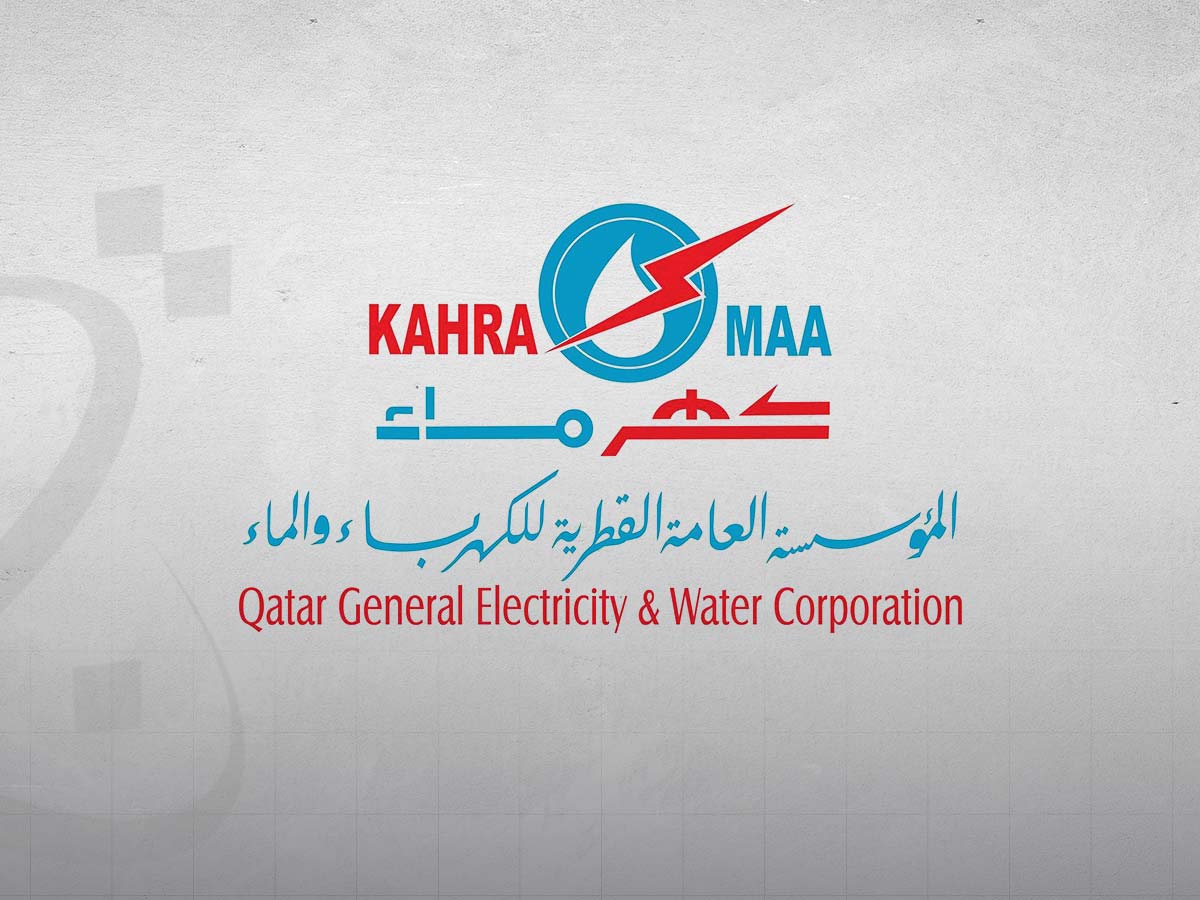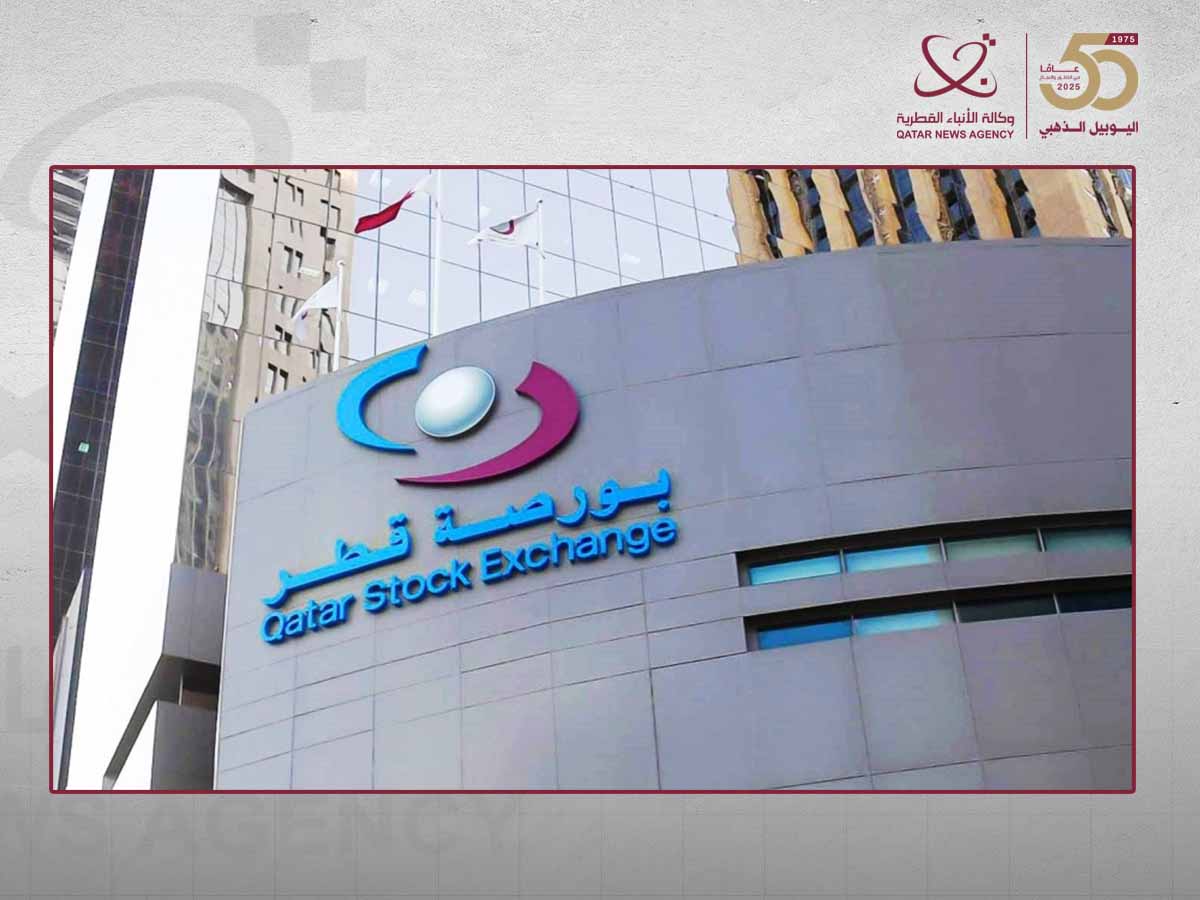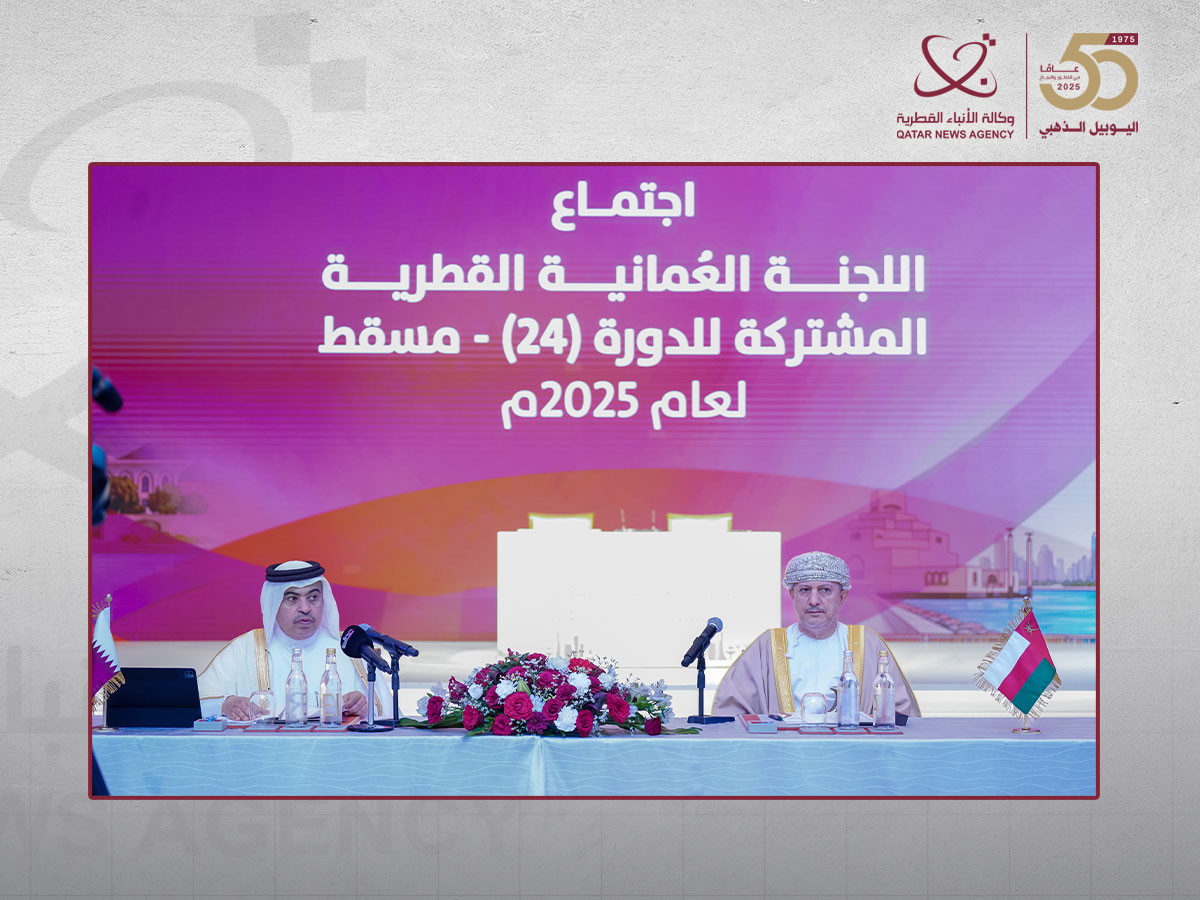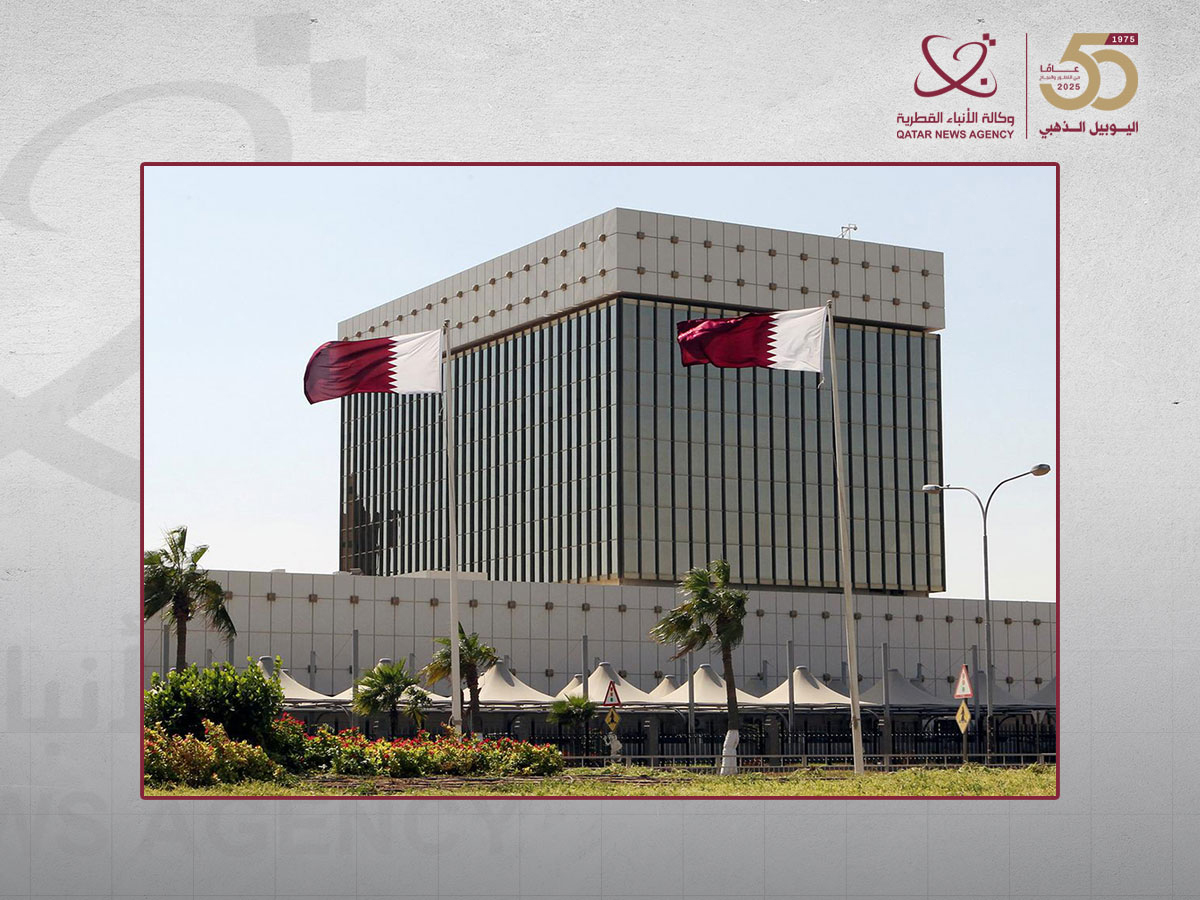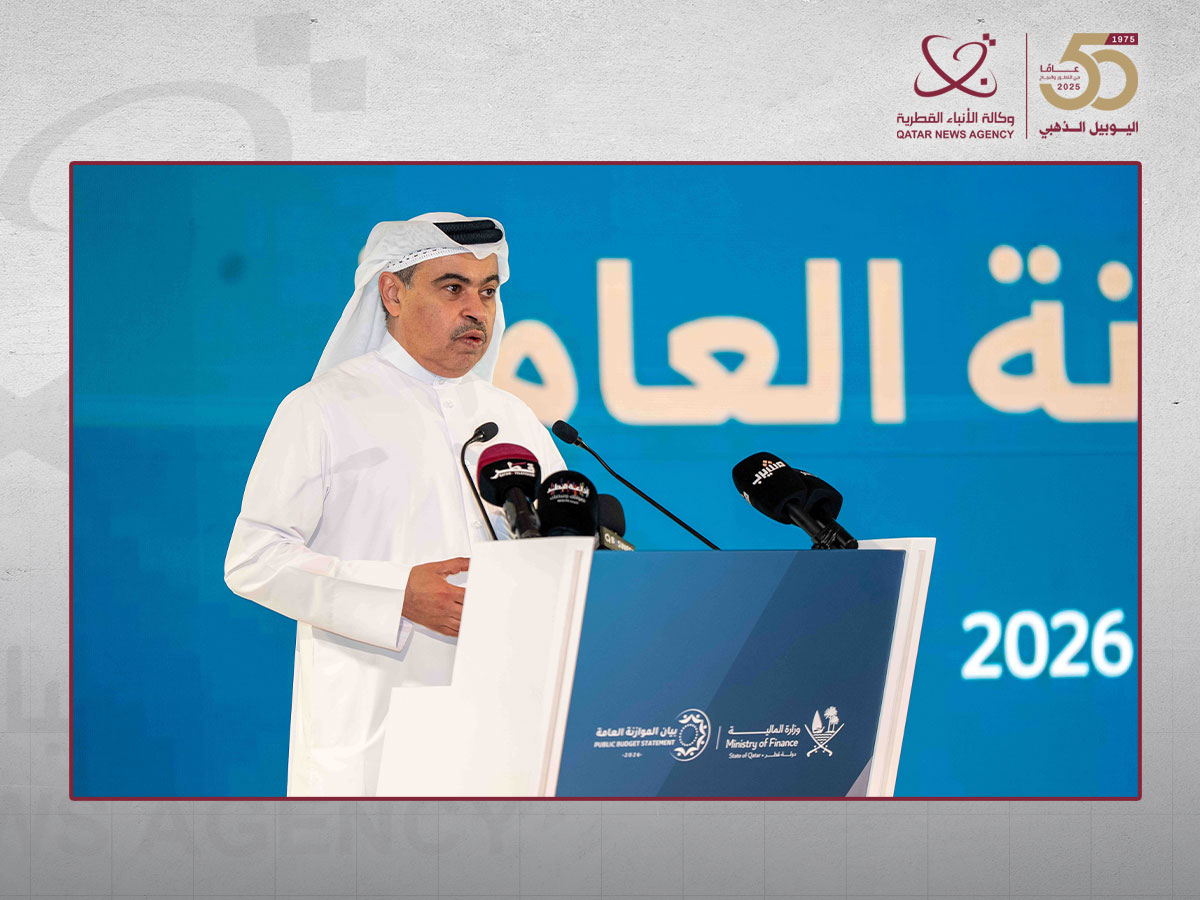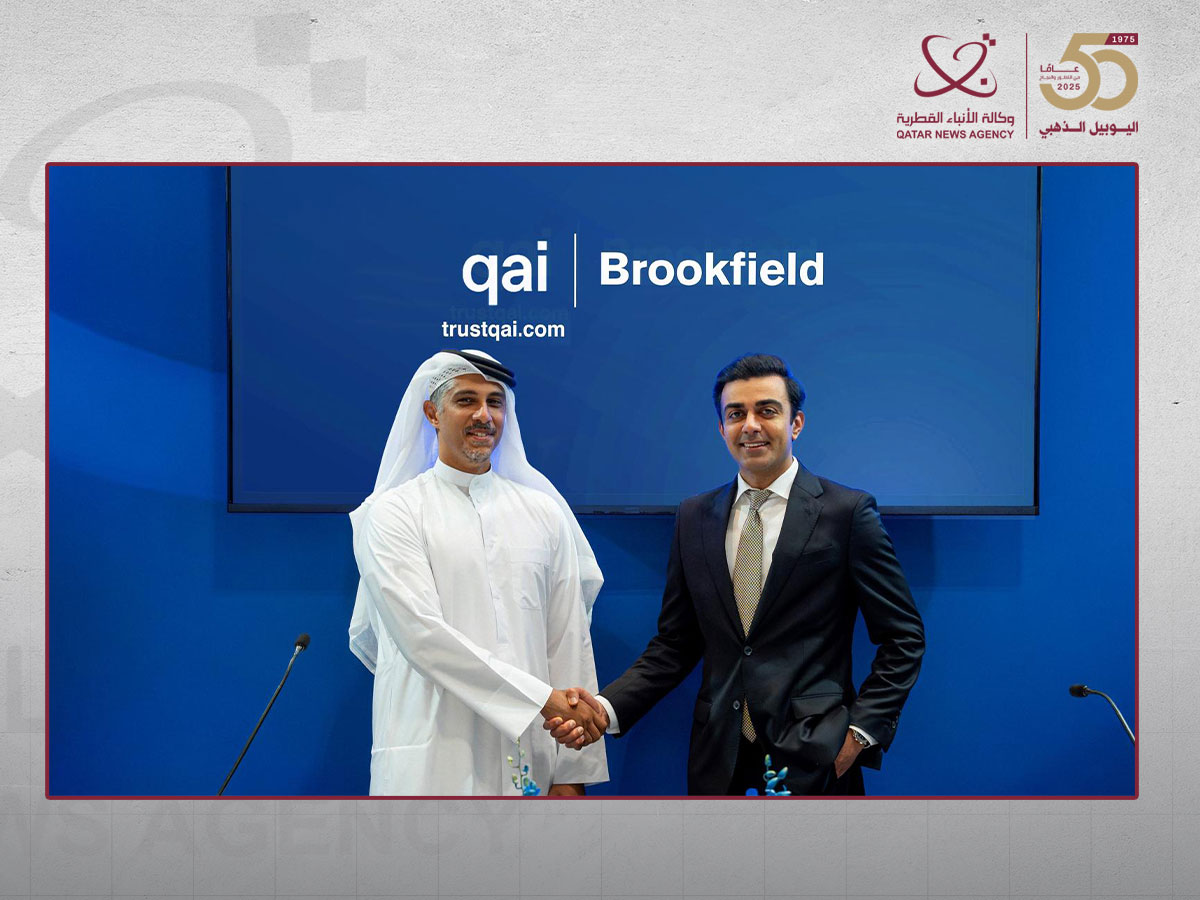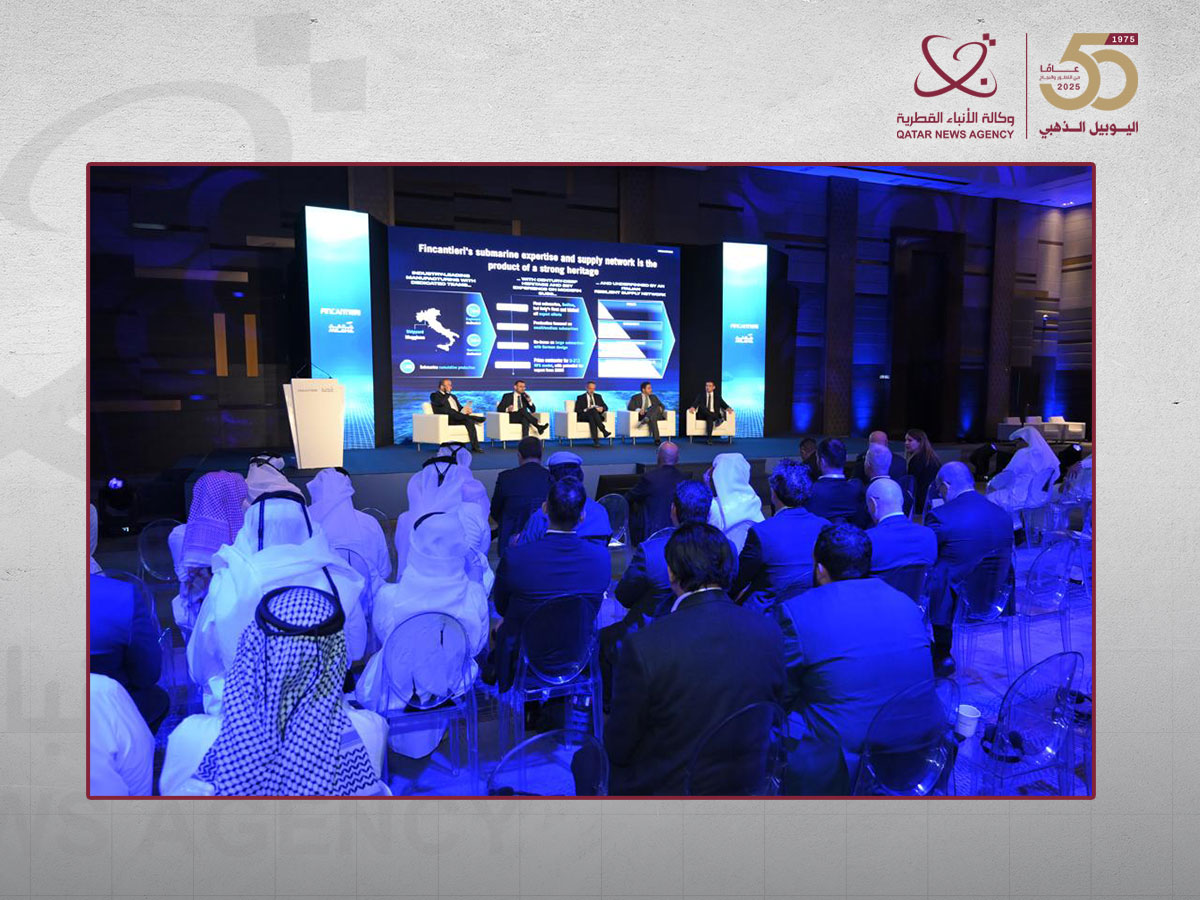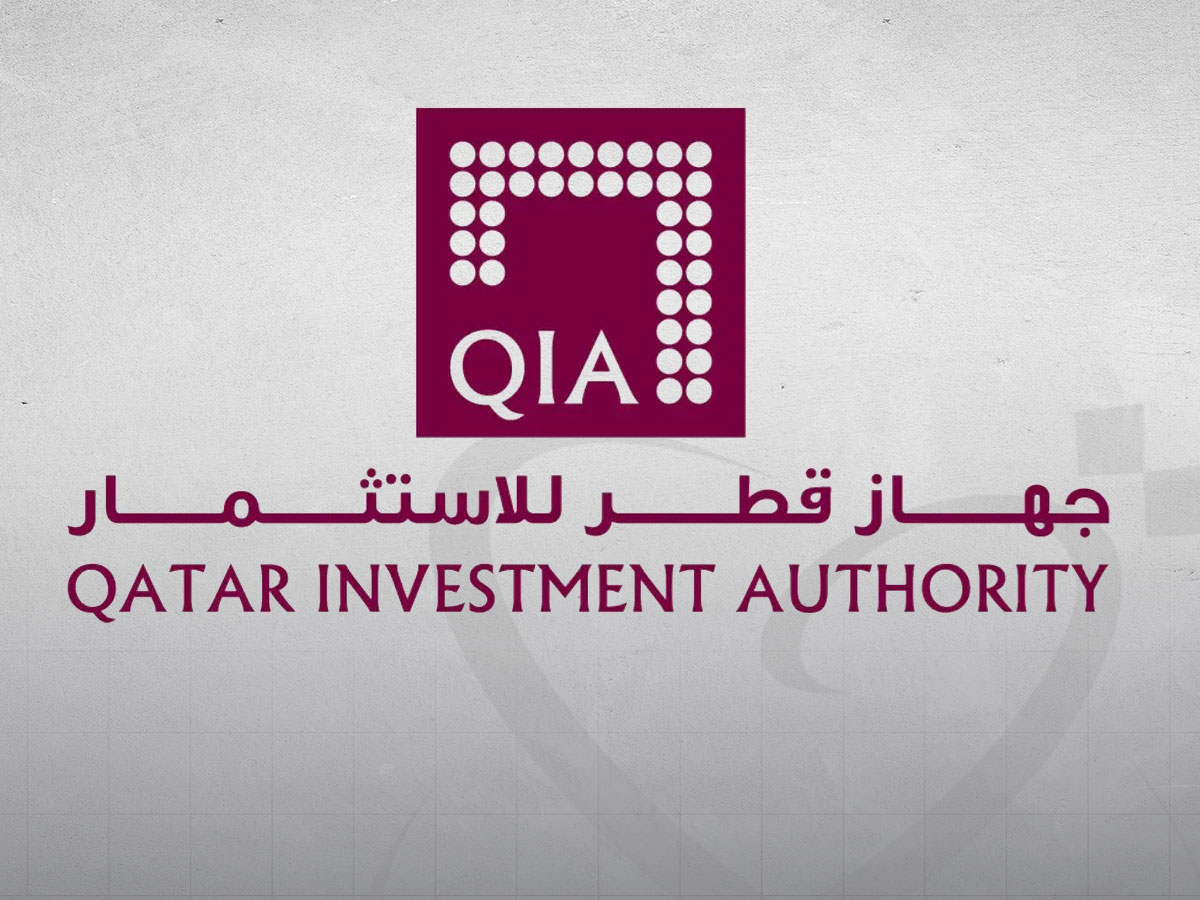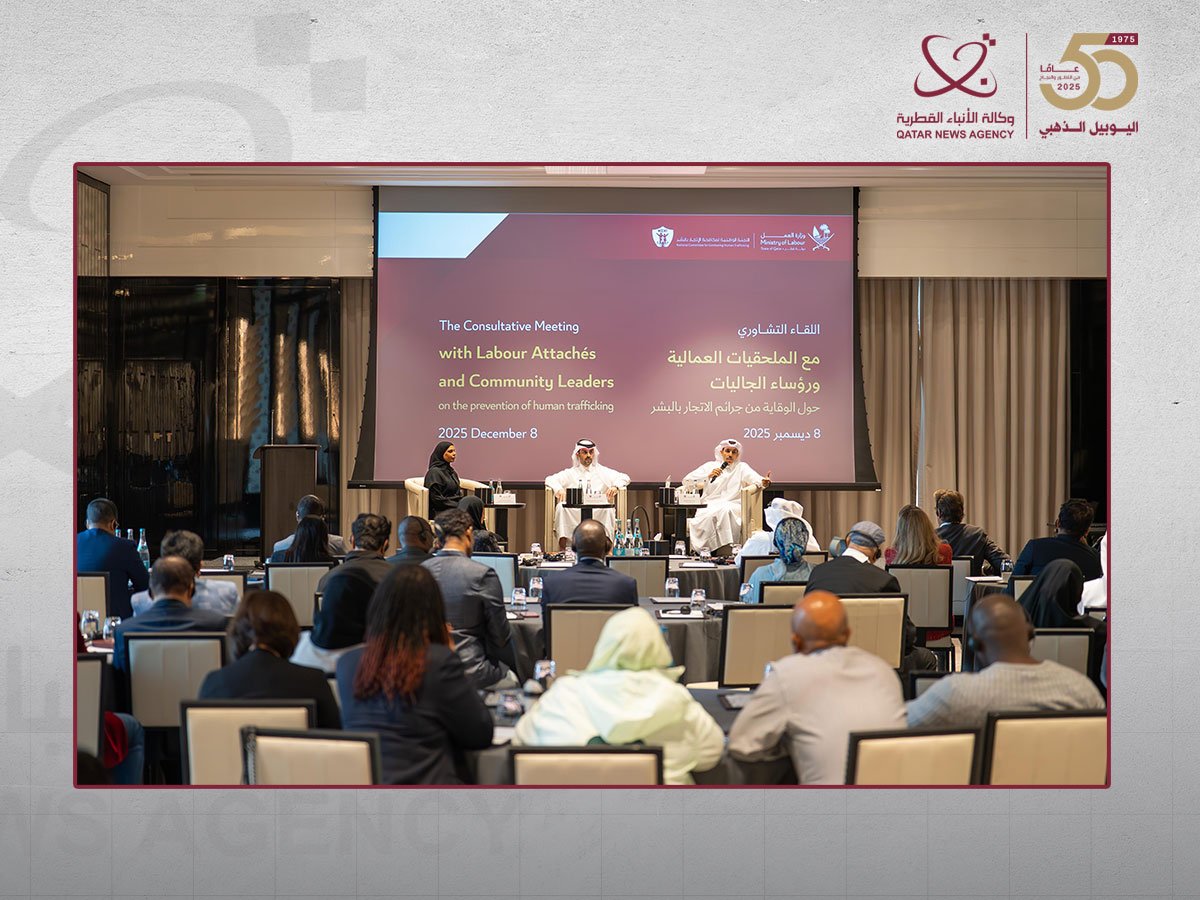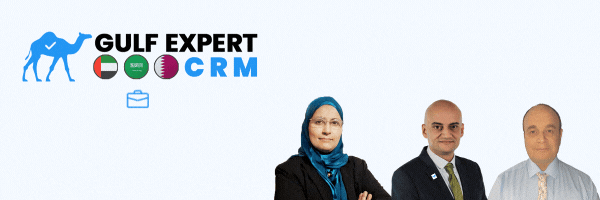Doha, March 03 (QNA) - The foreign exchange market experiences heightened activity during the holy month of Ramadan, driven by increased demand for remittances and foreign currency exchange. Officials from exchange companies estimate that transaction volumes rise by approximately 5 percent to 7 percent during this sacred month.
Speaking to Qatar News Agency (QNA), those officials highlighted that this kind of activity has started to witness transformations imposed by cutting-edge technologies and AI, as they have seen an increasing shift toward the utilization of advanced technology, including mobile applications and electronic payment systems.
Adaptation to these evolving dynamics has triggered exchange companies to enhance their service offerings by providing more seamless online platforms and dedicated applications aimed at expediting financial transactions, they underlined.
CEO at Al Dar for Exchange Works, Jumah Al Maadhadi predicted an improvement in the banking sectors during the holy month of Ramadan, along with the upsurge in remittance activity and demand for foreign currencies to reach approximately 5 to 7 percent.
Al Maadhadi underlined that it is imperative for the foreign exchange market to cope with the technological advancements, especially the AI-powered technologies to tailor offerings in alignment with customer preferences, especially amid the prevalence of financial technology applications.
Through the recent years, a noticeable impact on foreign exchange operations has been observed, as AI-driven applications have dramatically captured a growing share of exchange market activity and transaction volumes, he highlighted.
Al Maadhadi pointed out that the upsurge in the volume and value of remittances during Ramadan is a key factor in driving the economy in Qatar, where residents significantly contribute to the domestic economy, in addition to the importance of these remittances in supporting their families in their home countries.
He noted that the increase in remittances during Ramadan reflects the heightened demand for financial support from residents transferring money to their families for Ramadan necessities, such as food, clothing, and holiday preparations, highlighting that demand for certain currencies, such as the Saudi Riyal, coincides with the Umrah season and travel to perform the pilgrimage. (MORE)
.png)
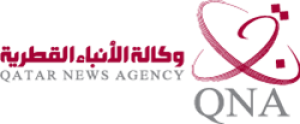 9 months ago
60
9 months ago
60

